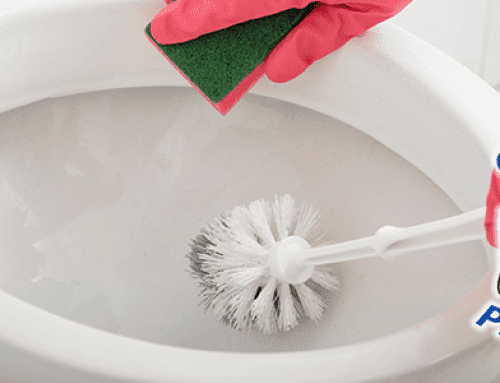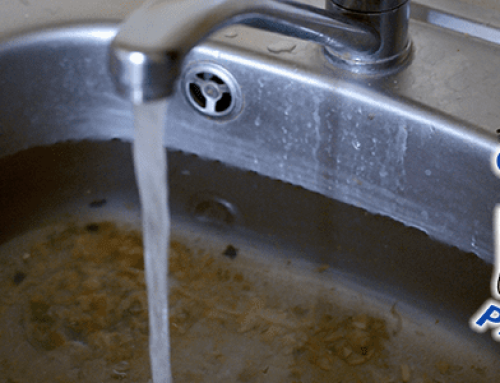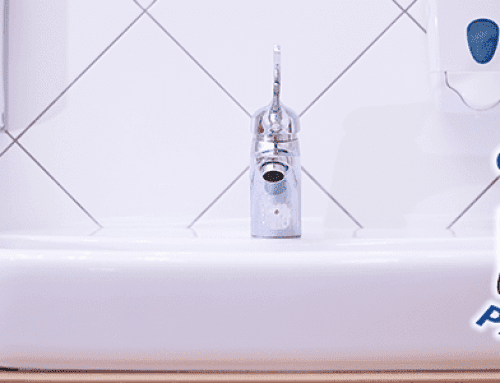Common Water Heater Maintenance Tips
When dealing with a water heater, there are a few tips you should keep in mind. Water heaters tend to last for many years, but they do have a limit on how much they can take before they need to be replaced. Some of the most common issues with water heaters are leaks, corrosion and sediment build-up.
So, how do you avoid these common issues? It’s simple. Water heater maintenance is key to keeping your water heater working for a long time. Here are some tips to help you out.
Proper Temperature Control for Energy Savings
The first thing you should do is make sure your water heater is properly set. If you live in a cold climate, your water heater may need to be set at 120 degrees Fahrenheit or higher. However, if you live in a warm climate, then 110 degrees Fahrenheit should be sufficient. Keep in mind that each home will have different needs based on their environment and usage habits.
If you’d like to keep your energy consumption low, you should also consider insulating your water heater. An insulation blanket will help keep the heat in and reduce energy loss.
Cleaning Your Water Heater Regularly
Another important way to ensure that your water heater lasts a long time is by cleaning it regularly. You should clean any deposits off of the heating element, as well as the bottom of the tank. If you don’t clean your water heater, then it can become clogged with debris and scale over time. This will cause your water heater to break down faster than it would otherwise.
Regularly Test The T&P Valve
In this case, “regular testing” should be bi-annually or annually. The T&P valve is a safety feature that shuts off the water supply if there’s an issue with your water heater. This can prevent leaks, fires and other accidents from happening in your home. As you can assume, this is an incredibly important feature to have on your water heater. If you notice that the T&P valve doesn’t work properly, then contact a professional as soon as possible.
Anode Rod Inspection
The anode rod is a metal rod that’s installed in your water heater. It draws corrosion away from the tank and pipes, which can prevent leaks and other issues. You can test this by checking to see if the anode rod is black or green in color. If it’s black, then you may need to replace it. If it’s green, then you’re fine for now but should have another inspection done within six months or so. These rods typically last up to five years, so if your water heater is 5-7 years old, the rod is very likely already corroded and your water heater at risk of failure.
If you’ve followed this guide, you can assure that your water heater lasts as long or longer than the general lifespan of a typically neglected machine. For all of your plumbing needs, or if you water heater fails, contact Conyers Plumbing.




